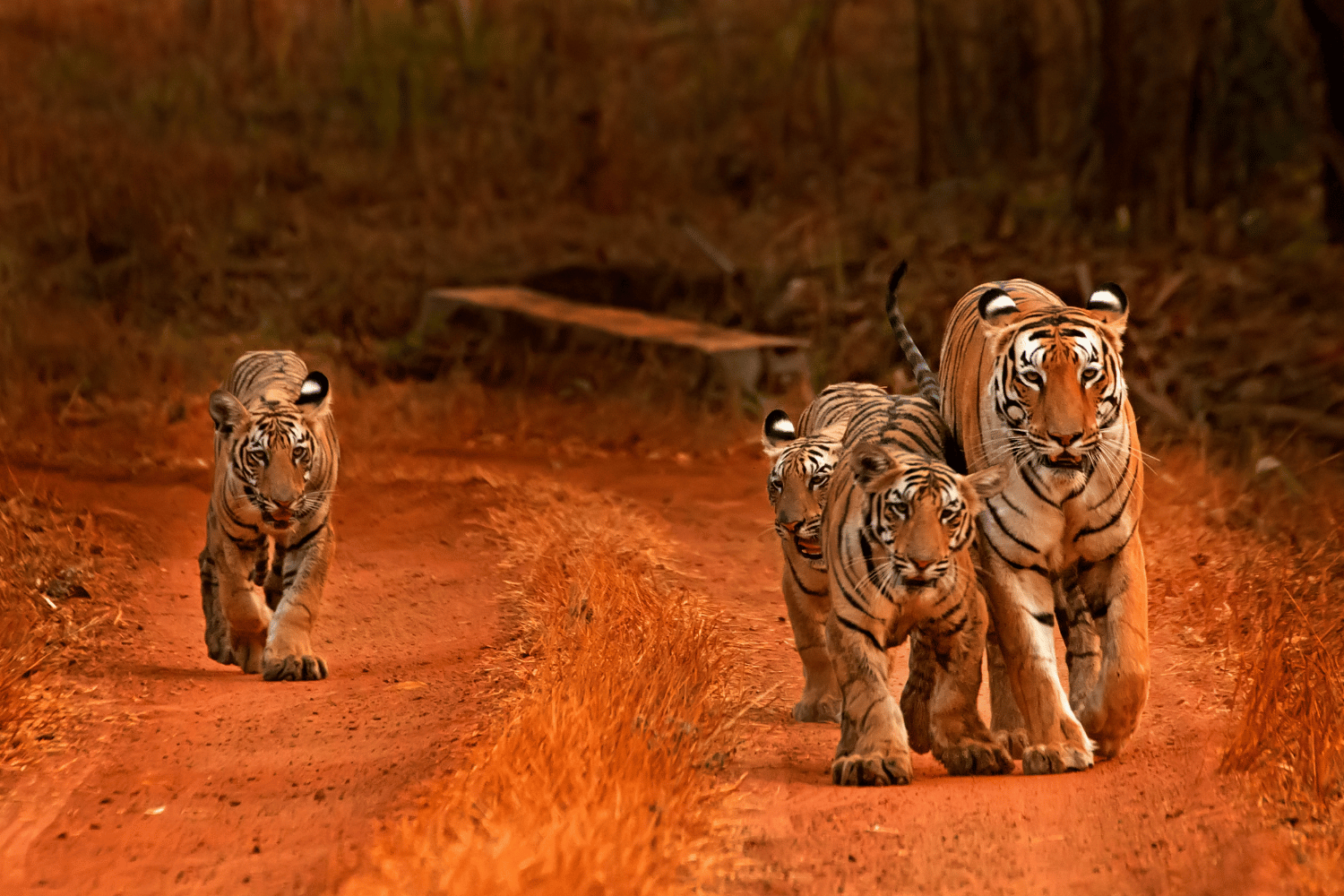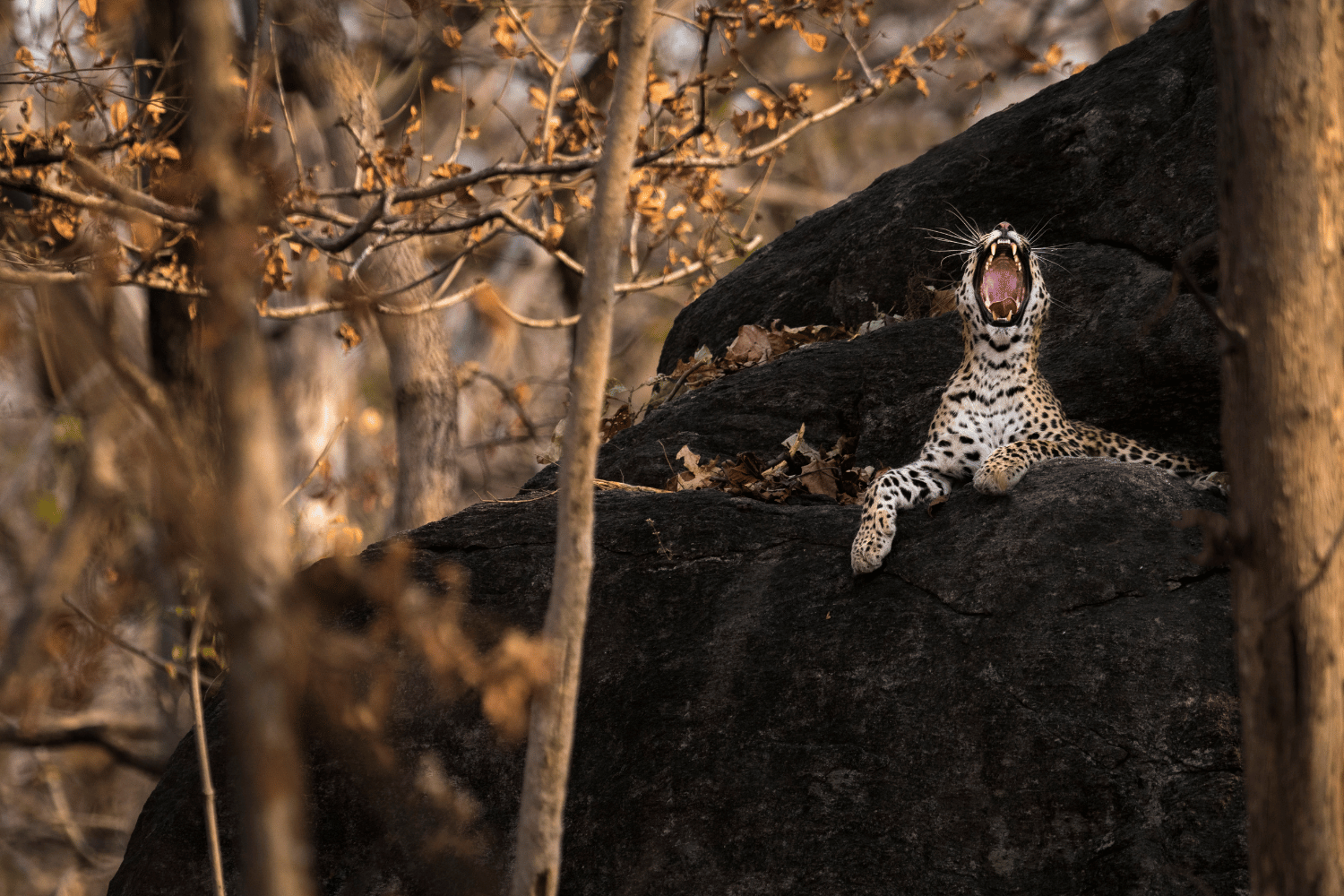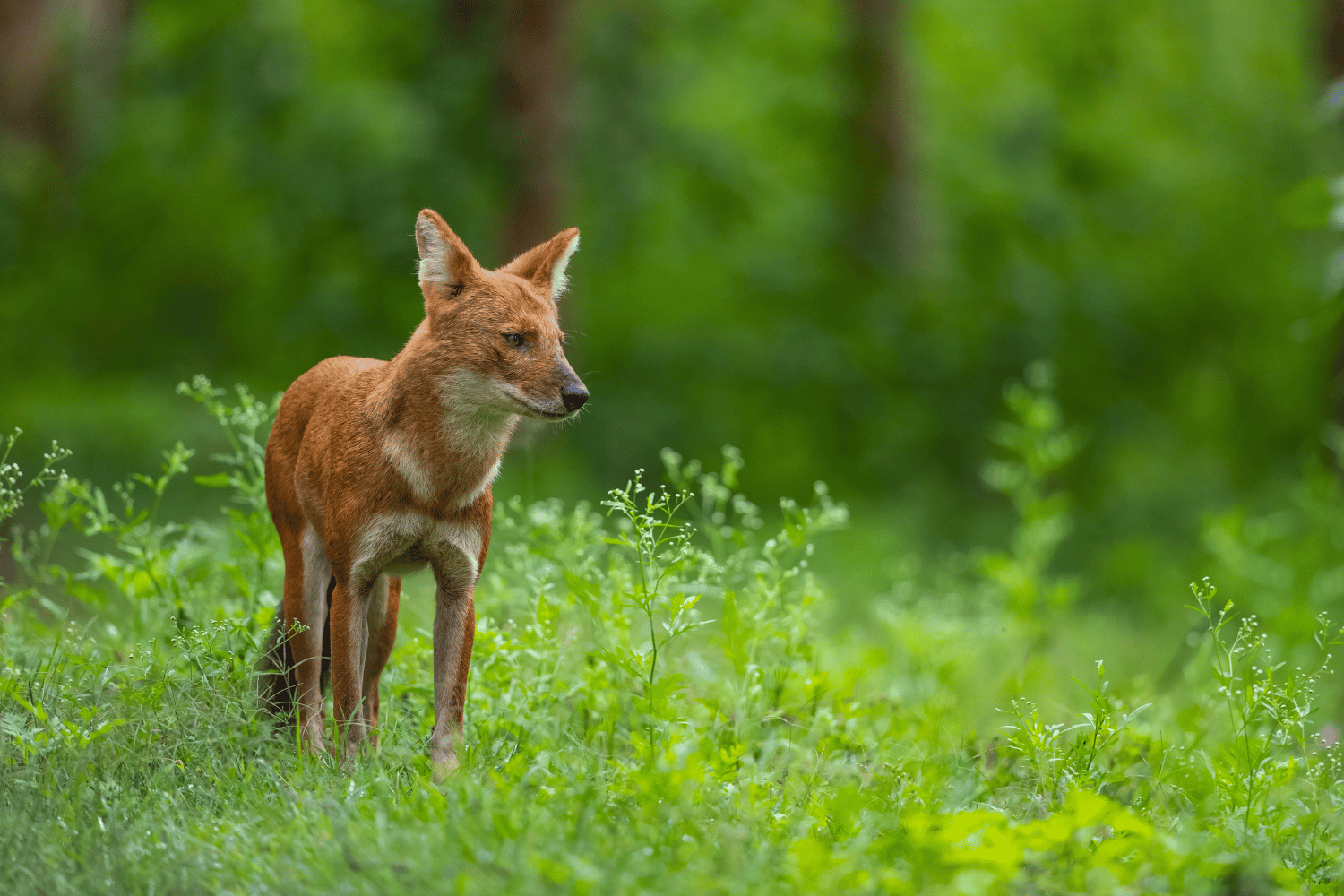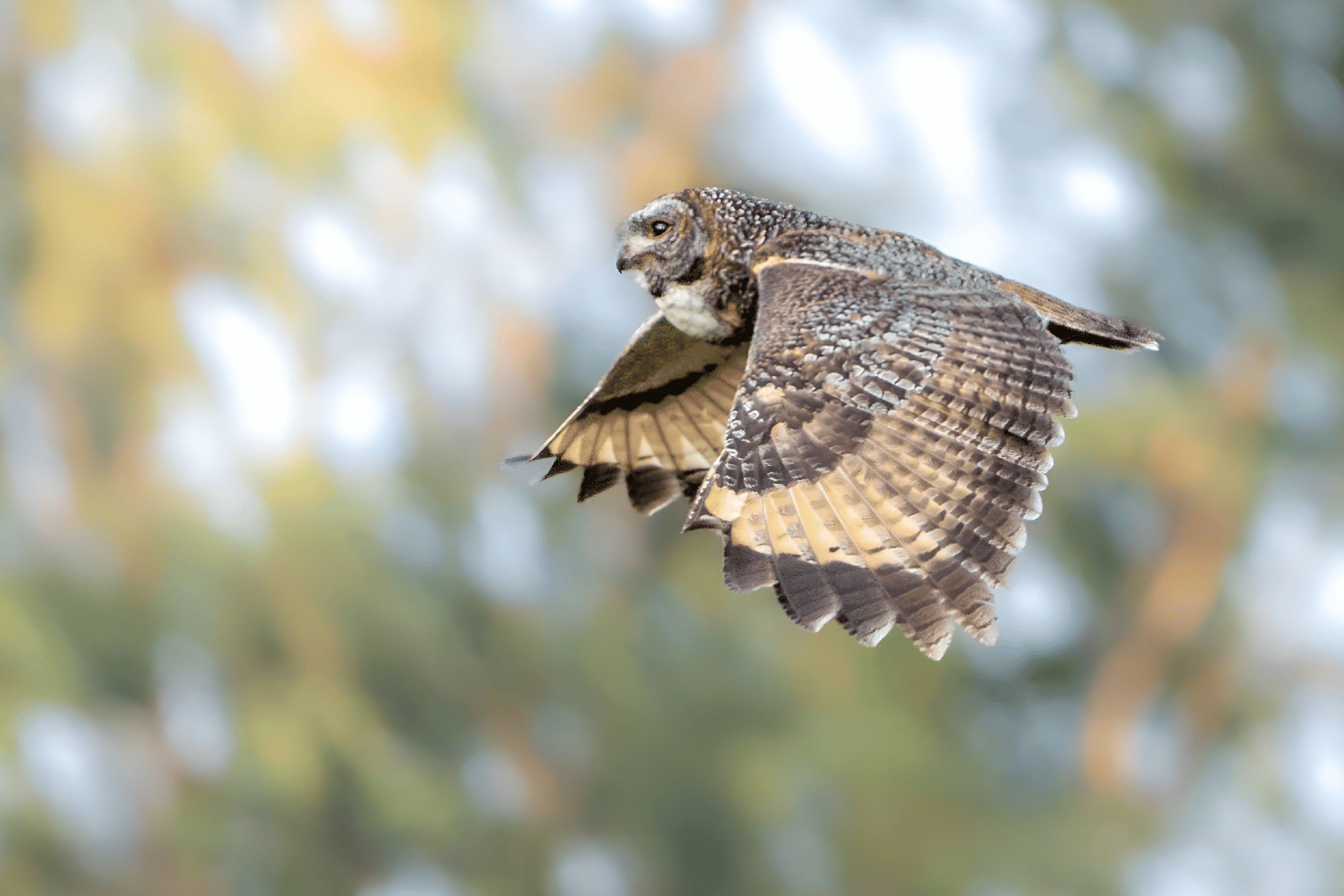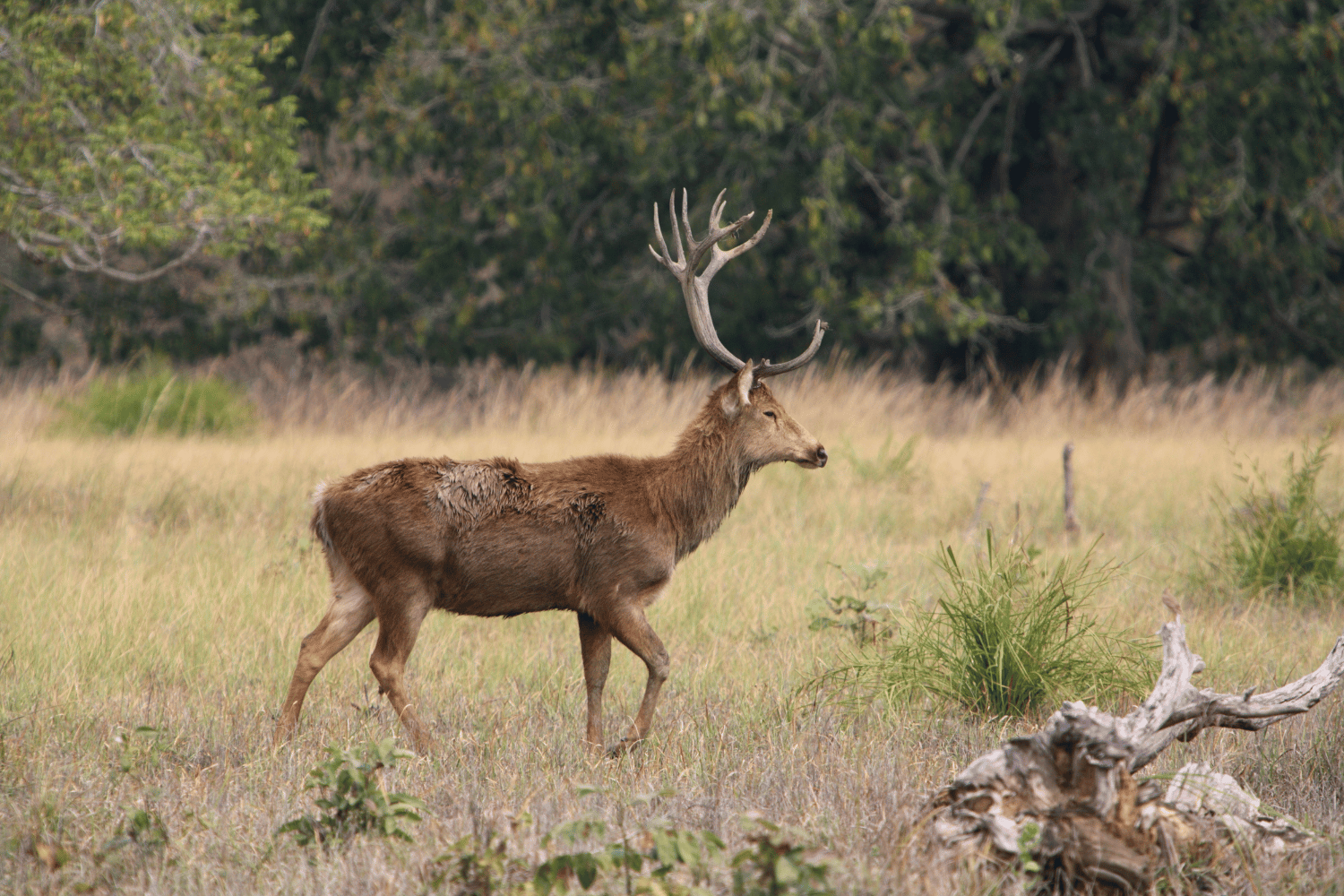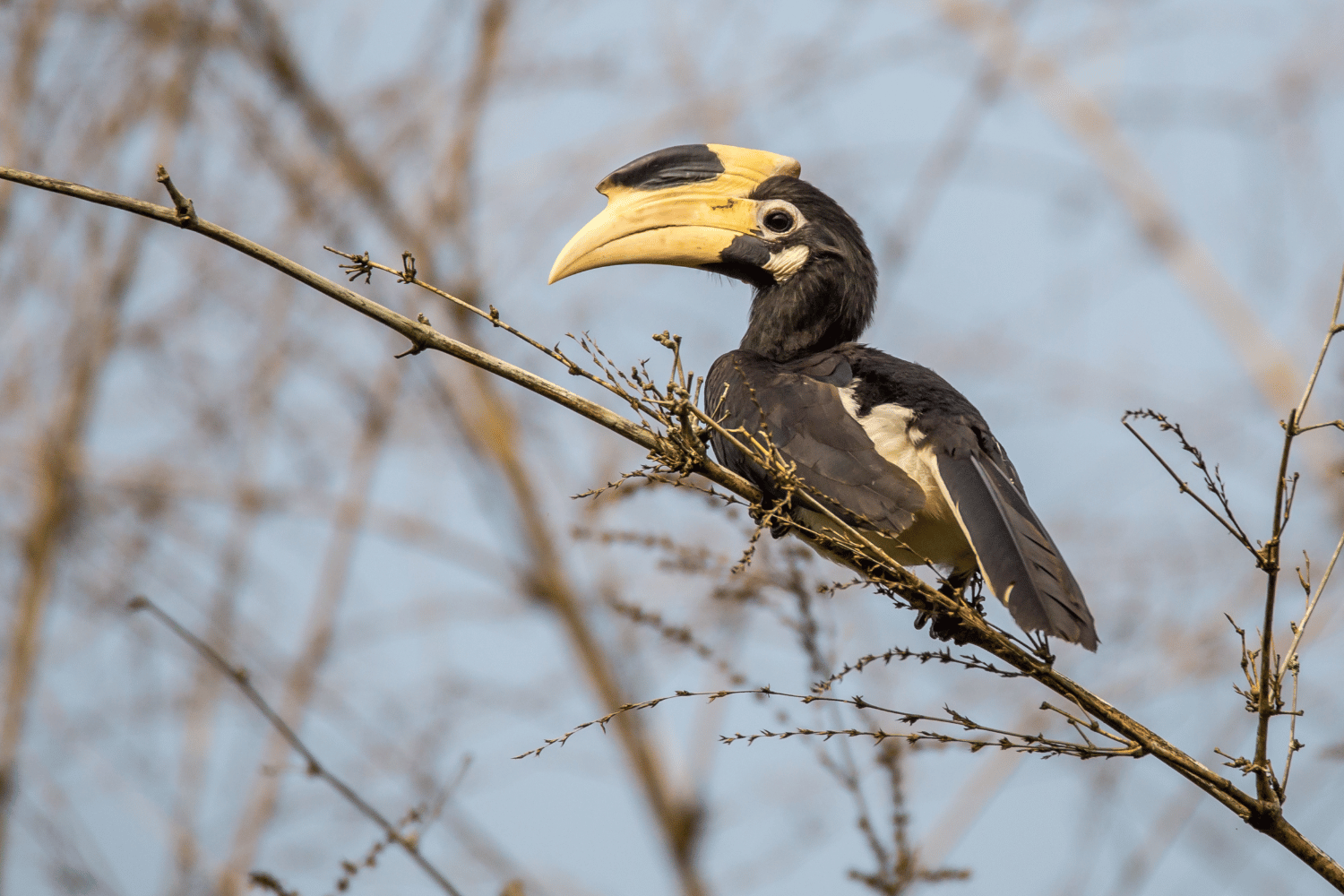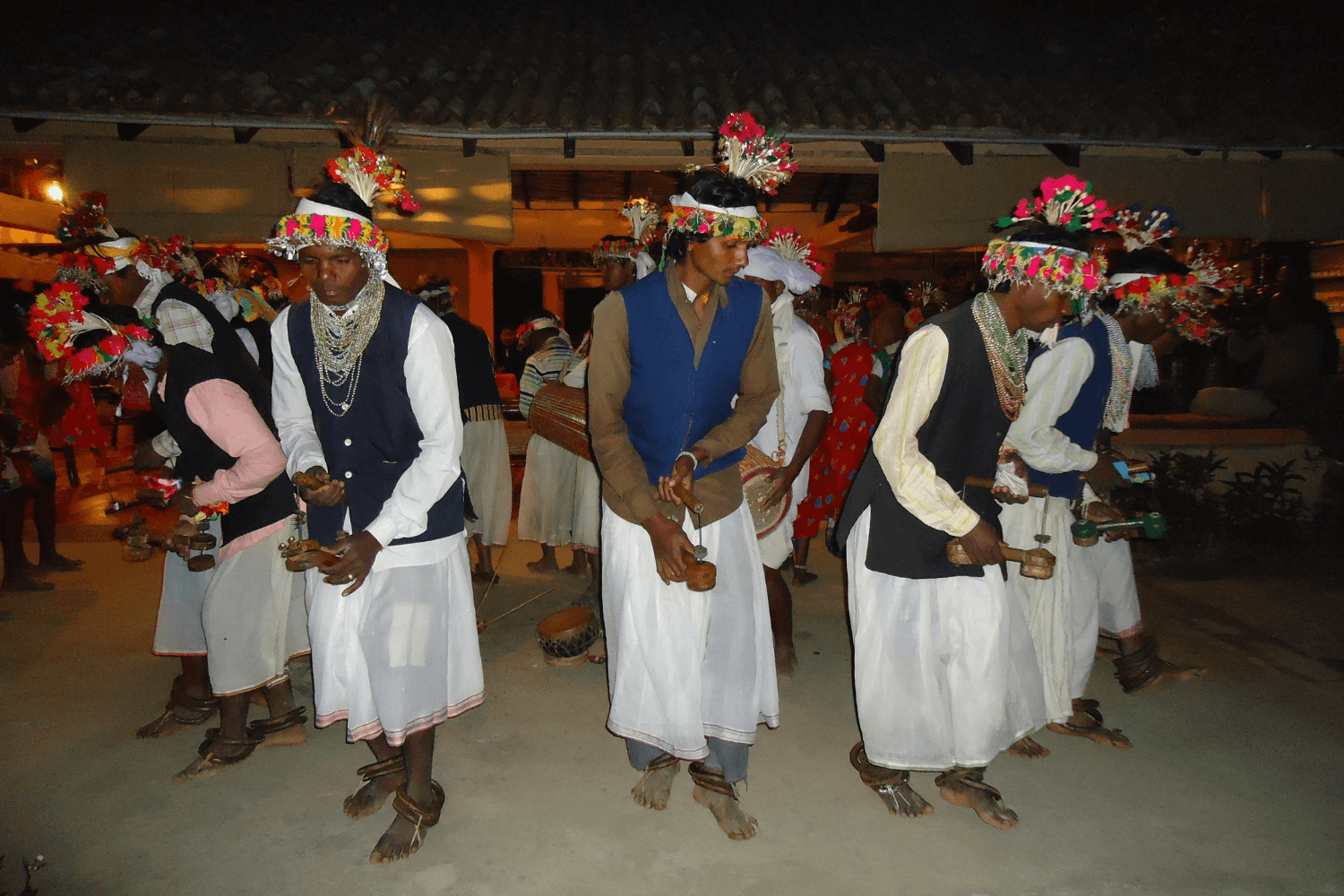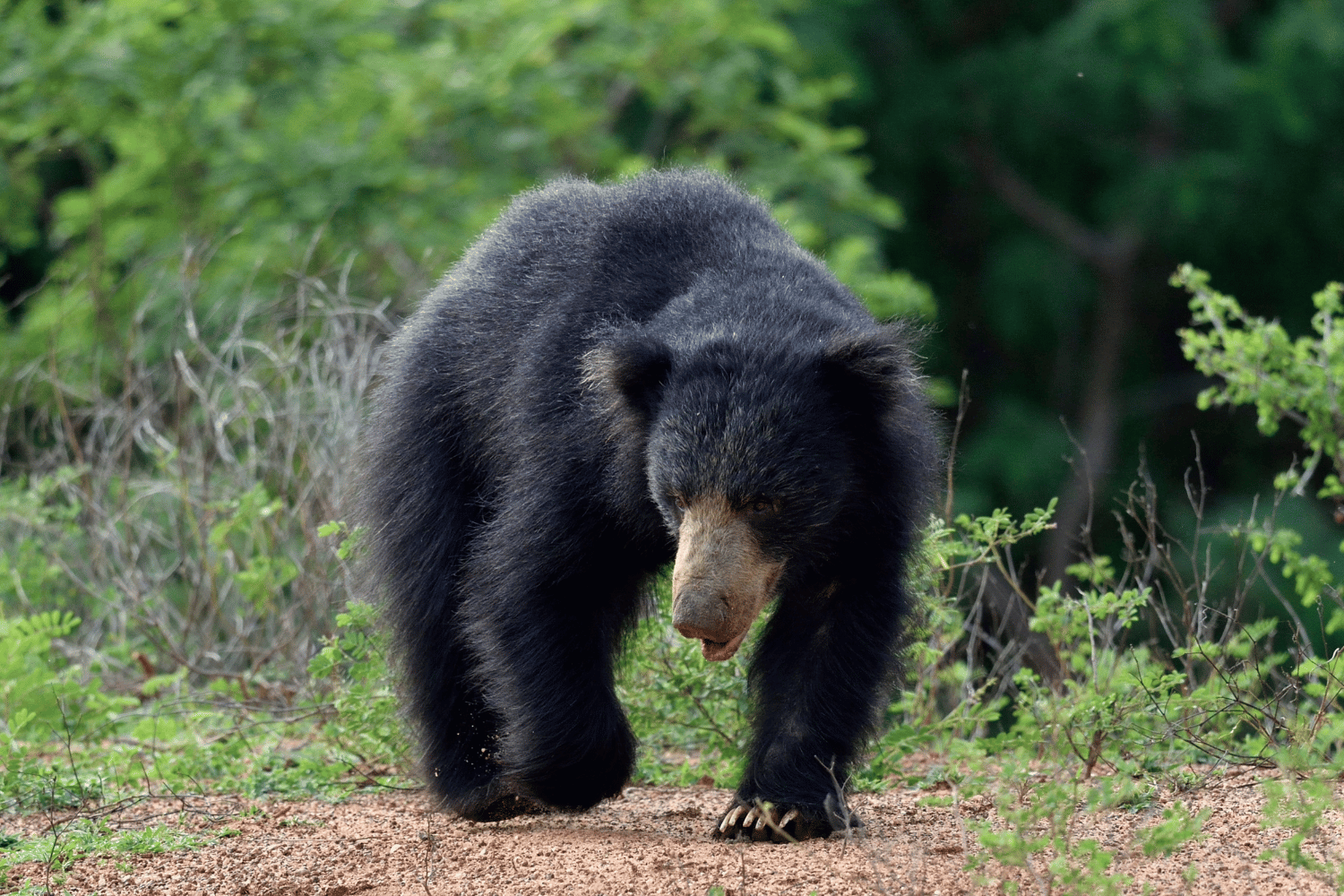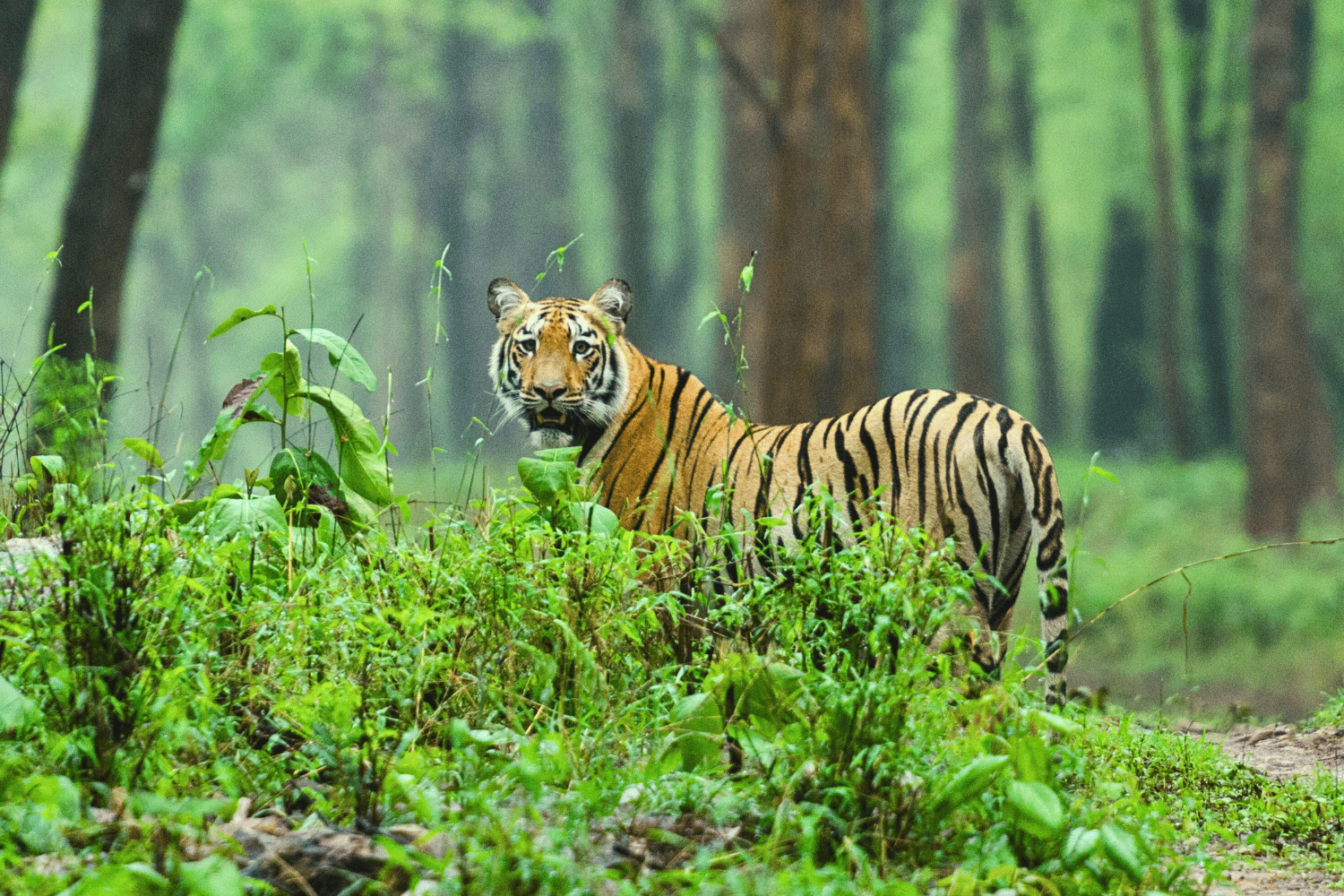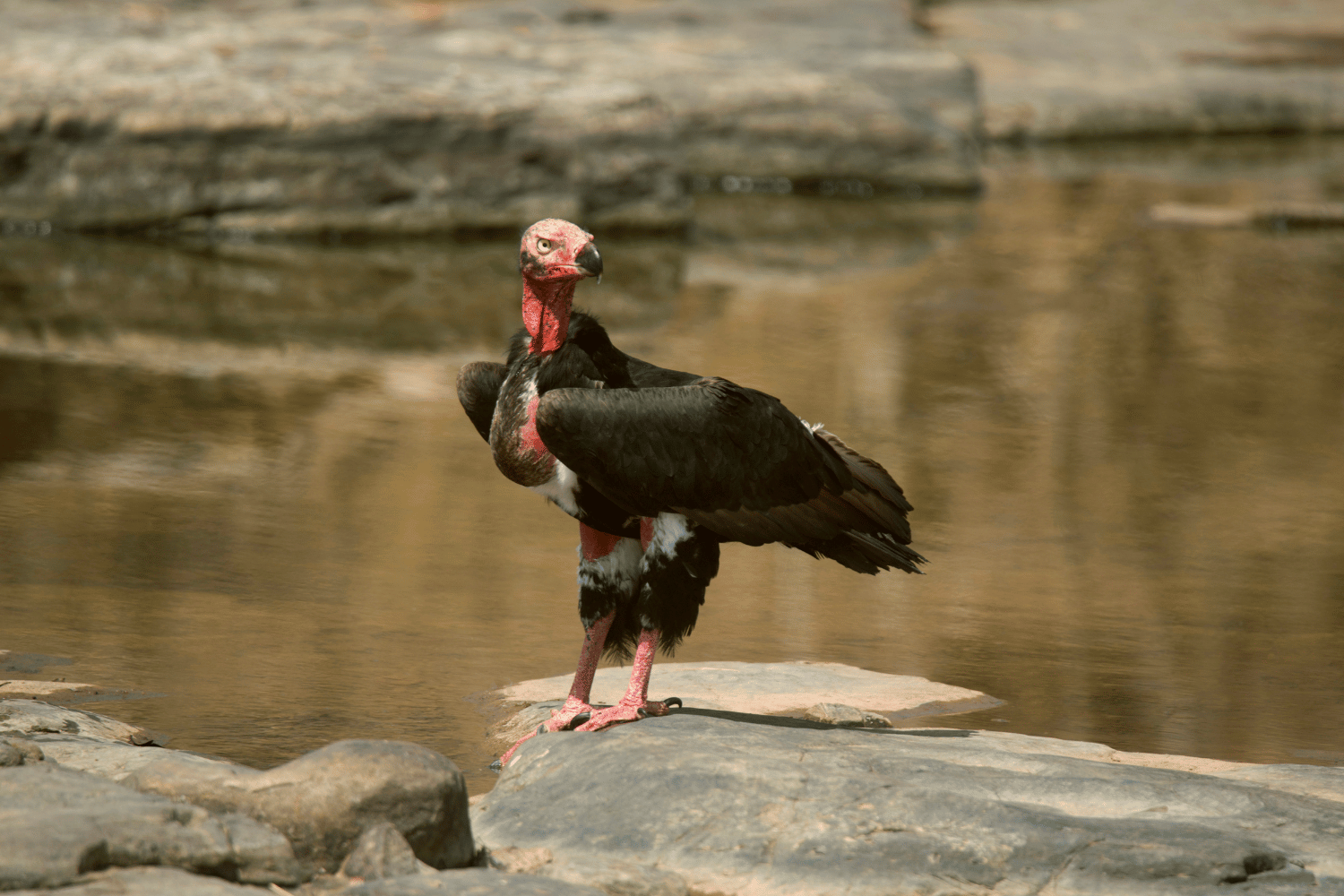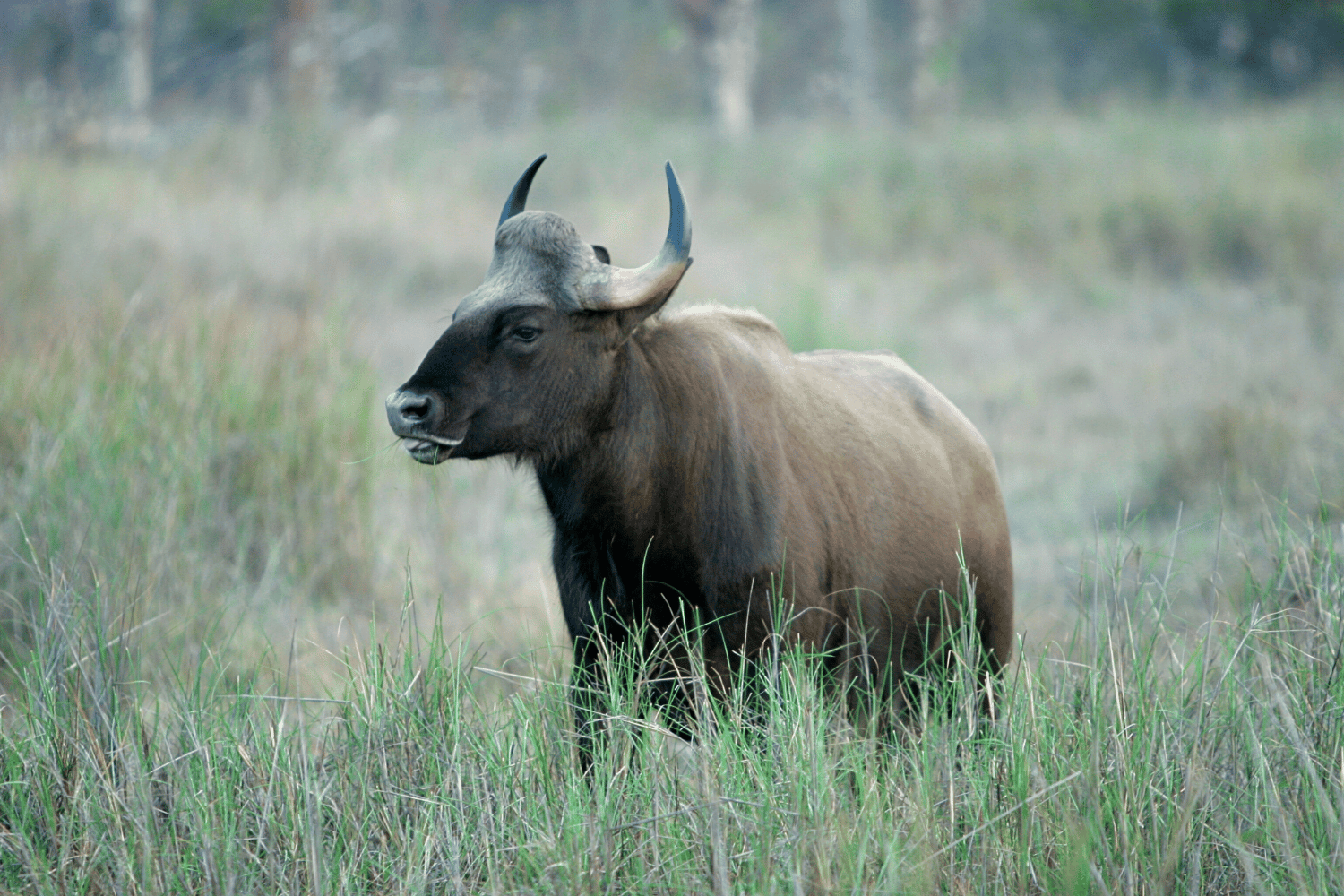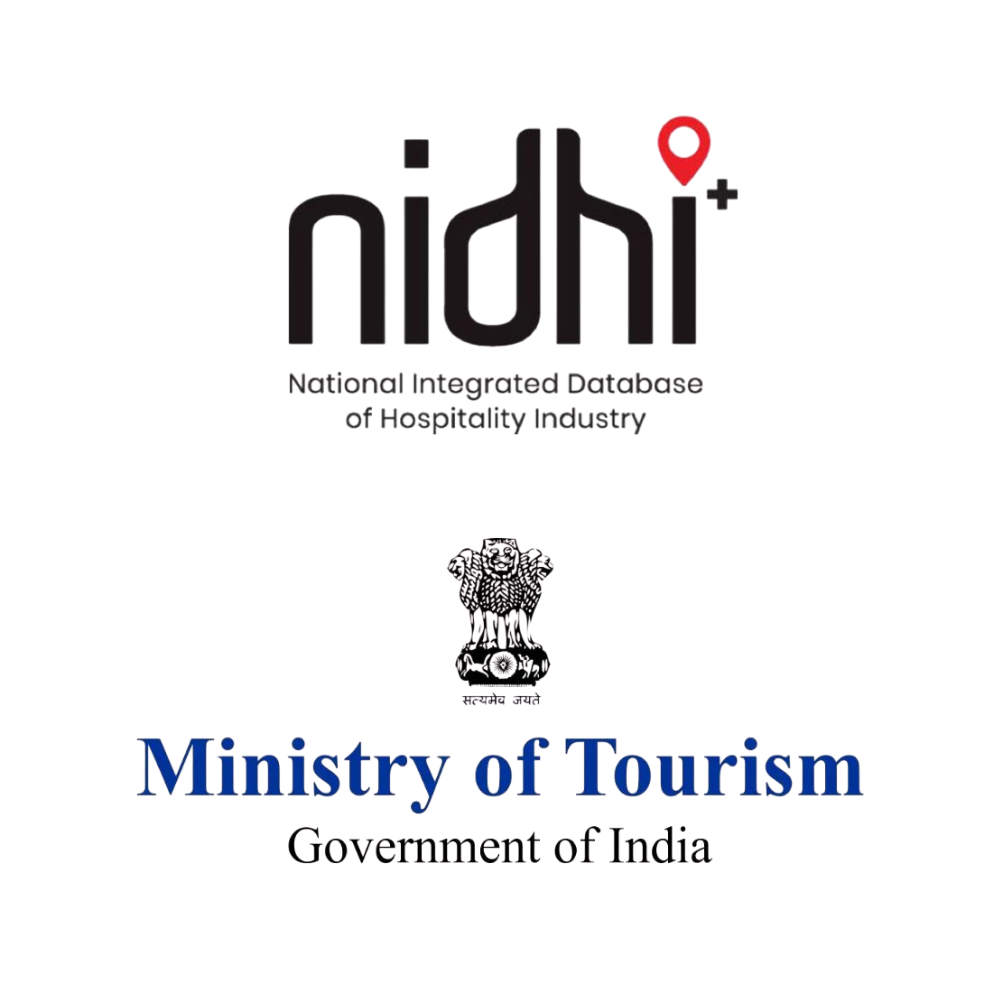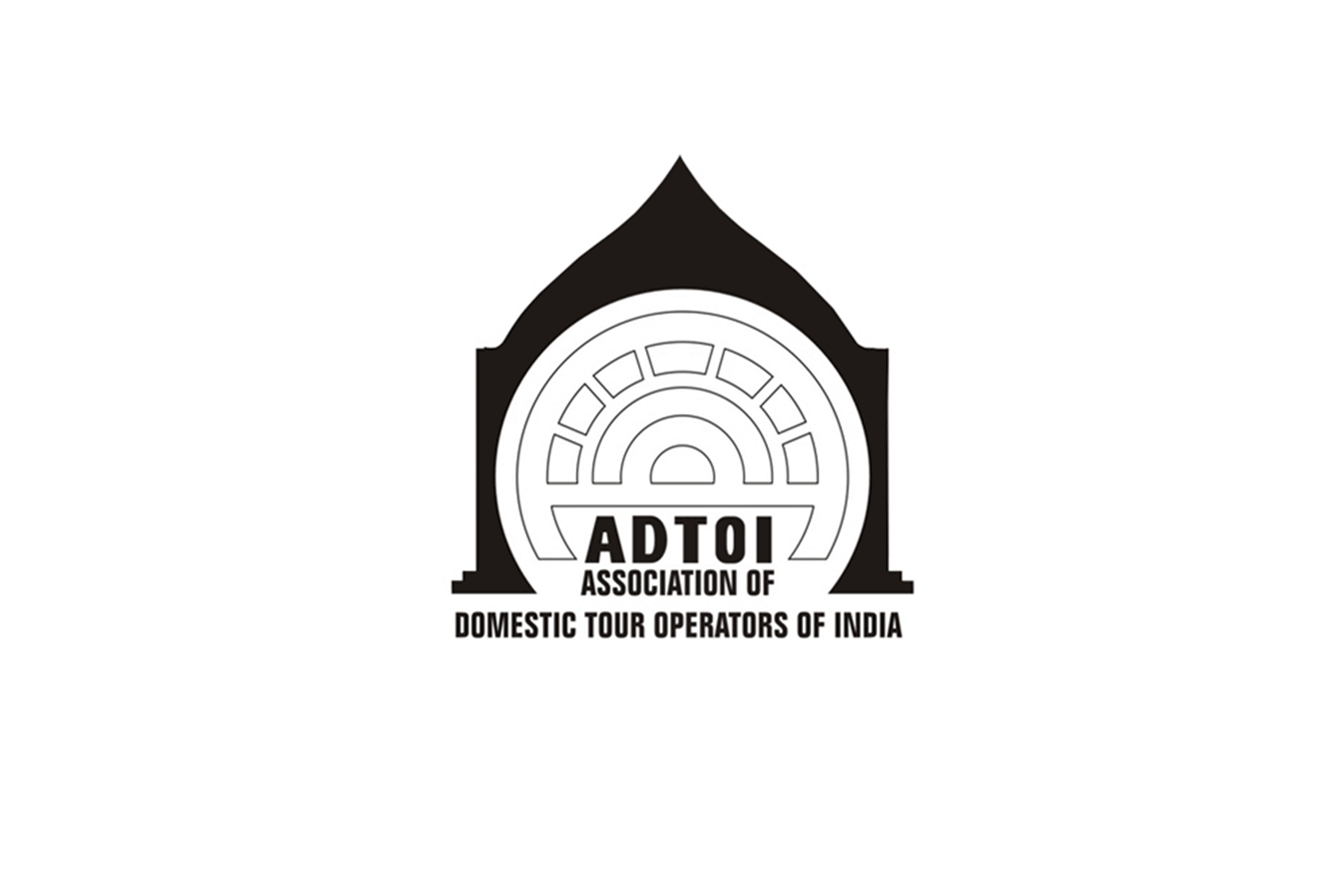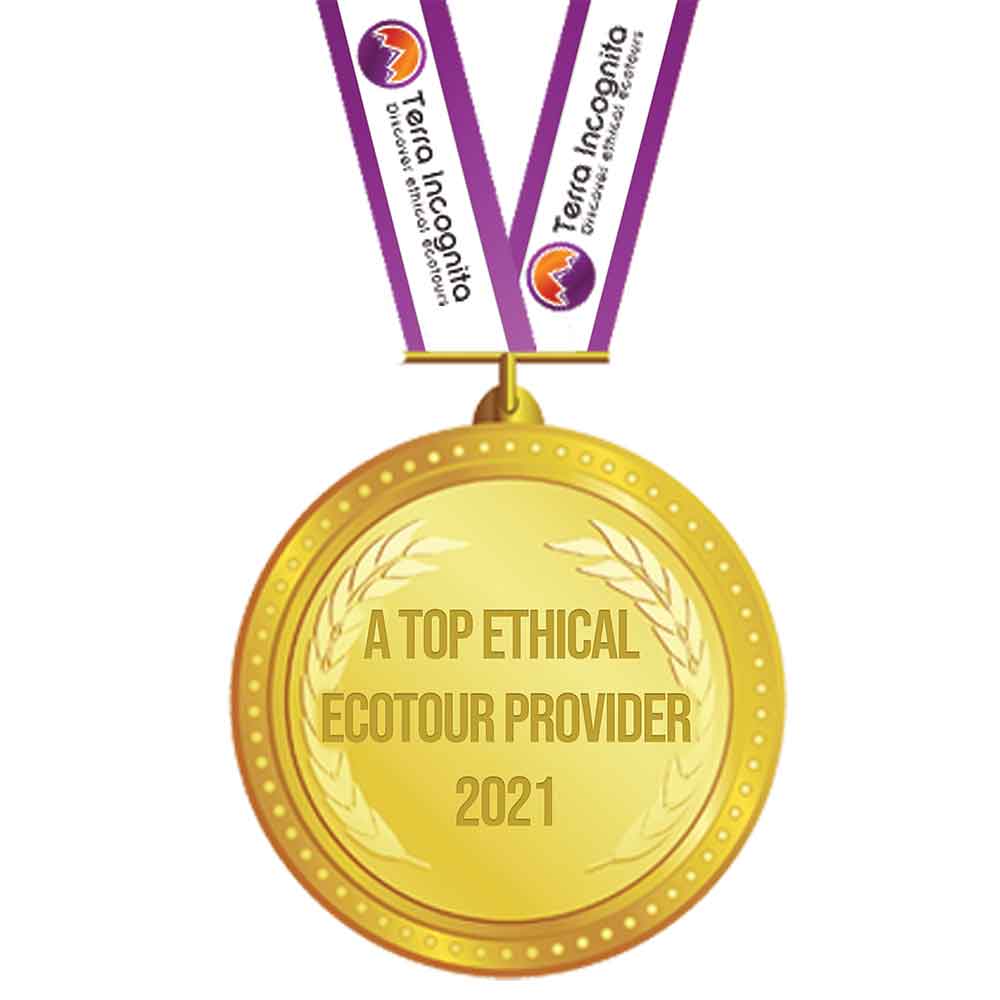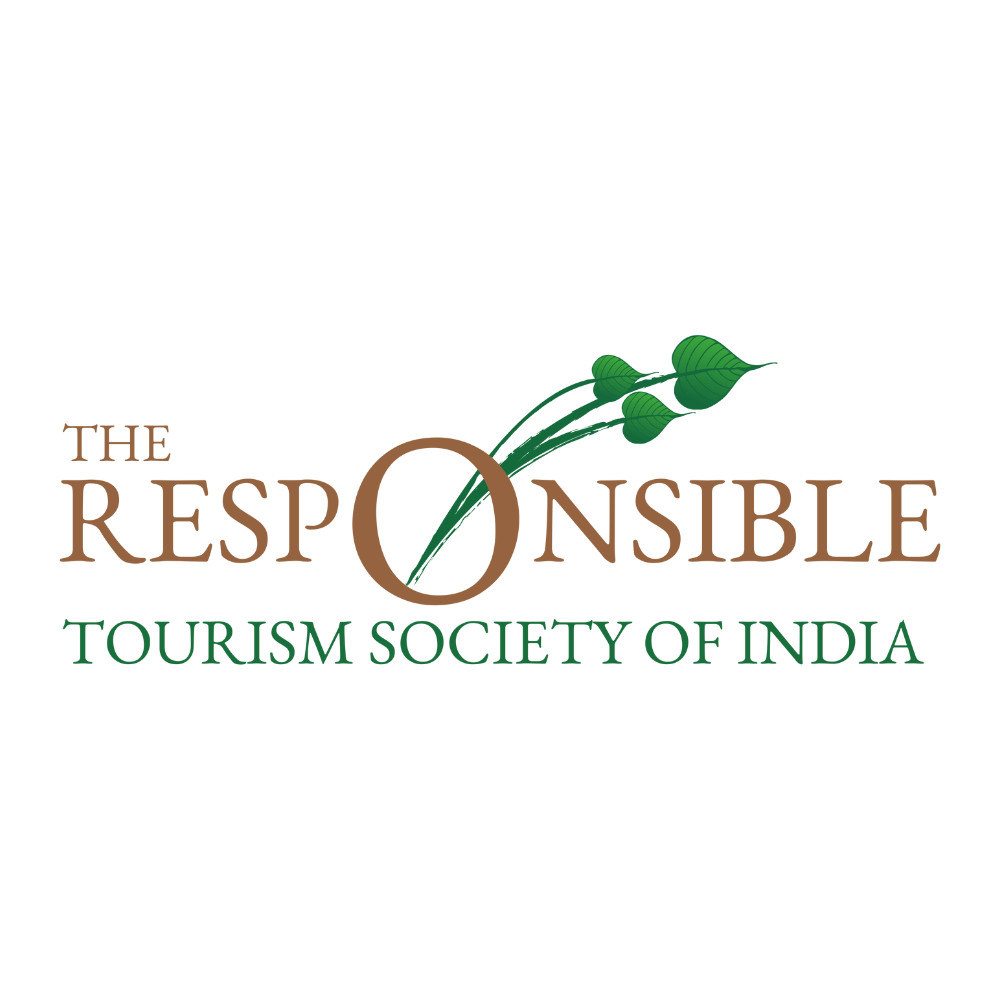Overview
Nestled in Central India, Madhya Pradesh pulsates as the heart of Wild India. Renowned for its exemplary tiger reserves, this region boasts some of the country's finest habitats for these majestic creatures. Embark on a journey through the enchanting forests of Pench, Kanha, and Bandhavgarh National Parks, each a haven teeming with breathtaking flora and fauna. Experience the wild beauty of these destinations firsthand on this unforgettable tour.

Meals: On Own
Accommodation: Hotel Shanti Palace
Arrive in Delhi in the evening. You will be met and transferred to the hotel.
Overnight stay.

Meals: Breakfast in Delhi and Dinner in Pench, (Lunch on own)
Accommodation: Tuli Tiger Corridor
After breakfast, transfer to Delhi airport for a late morning flight to Nagpur. Arrive in Nagpur at noon/early afternoon and transfer to Pench National Park (approx. 2 hrs drive).
Overnight stay.

Meals: Breakfast, Lunch and Dinner in Pench
Accommodation: Tuli Tiger Corridor
Explore the wilderness of Pench with morning and afternoon jeep safaris for tiger tracking and wildlife viewing. The duration of the safari is about four hours and is conducted early in the morning and in the afternoon till sunset. Each safari vehicle can seat up to four persons comfortably. Your safari vehicle also has an expert driver and a talented naturalist.
Overnight stay.
Note: Pench National Park will remain closed for safaris every Wednesday afternoon

Meals: Breakfast & Lunch in Pench and Dinner in Kanha
Accommodation: Tuli Tiger Resort
Conclude your final morning safari in Pench. After lunch, drive to Kanha National Park. Arrive in Kanha in the late afternoon/early evening.
Overnight stay
PS: Kanha National Park remains closed On Wednesday for an afternoon safari.

Meals: Breakfast, Lunch, and Dinner
Accommodation: Tuli Tiger Resort
Explore Kanha’s forests with morning and afternoon jeep safaris for tiger tracking and wildlife viewing. Each safari is about four hours long, giving you ample time to explore the wilderness in the morning or in the afternoon. Each safari vehicle can seat up to four comfortably. Accompanying you will be an expert driver and a talented local safari guide.
Overnight stay.
Note: Kanha National Park will remain closed for safaris every Wednesday afternoon.

Meals: Breakfast & Lunch in Kanha and Dinner in Bandhavgarh
Accommodation: Monsoon Forest
Complete your final morning safari in Kanha National Park. After lunch, drive to Bandhavgarh National Park. Arrive in Bandhavgarh in the early evening and check in at the lodge.
Overnight stay.

Meals: Breakfast, Lunch, and Dinner
Accommodation: Monsoon Forest
Explore Bandhavgarh’s wilderness with morning and afternoon jeep safaris. If time permits, don’t hesitate to converse with your guide and driver, who are treasure troves of local knowledge, wildlife, and otherwise.
Overnight stay.
Note: Bandhavgarh National Park will remain closed every Wednesday afternoon for safaris

Meals: Breakfast
Accommodation: None
After breakfast, transfer to Jabalpur airport for an afternoon flight back to Delhi. Arrive in Delhi in the evening and take your flight back home.
Tour ends.
Highlights
- One of the most popular Tiger tours
- High success rate with Tiger sightings and other fauna such as Sambhar, Spotted & Swamp Deer, Gaur & Asiatic Jackal, Chousingha, Striped Hyena, Palm Squirrel & Indian Fox, Dhole and Leopard
- Great birding experience
- Unique accommodation with excellent hospitality
Included
- 01 Arrival and 01 Departure transfer in Delhi on Day 01 & Day 02 Accommodation in Delhi for 01 night
- Transfer from Nagpur to Pench National Park on Day 02 Accommodation in Pench for 03 nights
- 05 Private safaris in Pench National Park Park entrance fee and park guide for all 5 safaris in Pench National Park
- Transfer from Pench to Kanha National Park on Day 05 Accommodation in Kanha for 02 nights
- 03 Private safaris in Kanha National Park Park entrance fee and park guide for all 3 safaris in Kanha National Park
- Transfer from Kanha to Bandhavgarh National Park on Day 07 Accommodation in Bandhavgarh for 03 nights
- 04 Private safaris in Bandhavgarh National Park Park entrance fee and park guide for all 4 safaris in Bandhavgarh
- Transfer from Bandhavgarh to Jabalpur airport on Day 10 Meals as per the itinerary | All taxes
Video
Location
Stories
FAQ's
- How long is each safari in Pench, Kanha, and Bandhavgarh National Parks?
-
Each safari typically lasts around 3-4 hours. Morning safaris generally start at dawn, around 6:00 AM, and end by 10:00 AM, while afternoon safaris usually begin around 3:00 PM and conclude by sunset, around 6:00 PM. The timings may vary depending upon the season.
- What is the best way to prepare for a safari in these national parks?
-
Wear neutral-coloured clothing to blend into the environment, carry a hat and sunglasses for sun protection, and bring binoculars and a camera with a telephoto lens. Ensure you have water, snacks, and insect repellent. Listen to your guide’s instructions to maximise your chances of wildlife sightings. Bring your non-biodegradeables back.
- Are there any restrictions on photography during safaris?
-
Flash photography is generally prohibited as it can disturb wildlife. It's also important to maintain a respectful distance from animals and not to disrupt their natural behavior. Always follow your guide's advice regarding photography etiquette. Do not get off the vehicle. Do not make loud noises if any situation excites you.
- Can I use my mobile phone during the safari?
-
While mobile phones can be used for photography, it’s advisable to keep them on silent mode to avoid disturbing wildlife. Phone calls should be avoided during the safari to maintain the quiet environment necessary for wildlife viewing.
- What kinds of vehicles are used for safaris in these parks?
-
Open jeeps (usually 4x4 vehicles) are used for safaris, providing unobstructed views for photography and wildlife spotting. In some zones, larger vehicles may be used for group safaris.
- What safety precautions are taken during the safaris?
-
Experienced guides assigned by the park authorities accompany all safaris to ensure safety. It’s important to stay seated and keep your hands inside the vehicle. Always follow the guide’s instructions and maintain a safe distance from the wildlife.
- What is the typical weather like during the safari season?
-
From November to February, the weather is generally cool and pleasant, with temperatures ranging from 10°C to 25°C (50°F to 77°F). Early mornings and evenings can be chilly, so it’s advisable to layer your clothing.
- How can I maximize my chances of spotting a Bengal Tiger?
-
Early morning and late afternoon safaris are the best times for tiger sightings. Being patient and quiet, and paying attention to the guide’s instructions, can increase your chances. Understanding tiger behavior and looking for signs like pug marks and alarm calls from other animals can also help.
- Are there opportunities to see other big cats besides tigers?
-
Yes, besides Bengal Tigers, you may also spot Indian Leopards in all three parks. These big cats are elusive and often seen resting on tree branches or moving through dense vegetation.
- What bird species are commonly seen in Kanha National Park?
-
Kanha is home to a variety of bird species, including the Indian Roller, Lesser Adjutant, Red Junglefowl, Crested Serpent Eagle, Indian Pitta, Grey Hornbill, various barbets and kingfishers, and the beautiful Indian Paradise Flycatcher.
- What wildlife conservation efforts are in place in these parks?
-
These parks have stringent conservation programs focused on protecting their flagship species, such as the Bengal Tiger, Swamp Deer, Indian Bison, etc. Anti-poaching measures, habitat restoration, and community involvement in conservation are key strategies.
- Can I visit any cultural sites near these parks?
-
Yes, near Bandhavgarh, you can visit the ancient temples, which offer historical insights. Local tribal villages near these parks also offer cultural experiences and insights into their way of life.
- What are the accommodation options like in these parks?
-
Accommodations range from luxury resorts to eco-friendly lodges and budget guesthouses. Most provide comfortable amenities, including hot water, clean rooms, and local cuisine. Some lodges offer additional facilities such as swimming pools and wildlife libraries.
- Is there any special preparation required for visiting tribal villages?
-
When visiting tribal villages, it's respectful to dress modestly and ask for permission before taking photographs of people. It’s also a good idea to learn a few basic phrases in the local language or have a guide who can translate.
- What other animals can be seen in Pench National Park?
-
Besides tigers and leopards, Pench is home to Wild Dogs (Dhole), Indian Gaur, Jackals, Sambar Deer, Spotted Deer, and various bird species like the Malabar Pied Hornbill and Indian Scops Owl.
- How accessible are these parks for people with disabilities?
-
Some lodges and safari vehicles can accommodate people with disabilities, but it’s important to inform us in advance to make necessary arrangements. Paths in the parks may be uneven, so mobility aids might be required.
- What kind of meals are served at the lodges?
-
Meals typically include Indian cuisine, with an emphasis on fresh, locally sourced ingredients. Special dietary requirements can often be accommodated with prior notice.
- Are there any health precautions to take before visiting these parks?
-
It’s advisable to consult with your doctor about necessary medications. Be cautious about drinking only filtered water to avoid stomach infections.
- What should I do if I encounter insects or snakes during the safari?
-
Stay calm and avoid sudden movements. Do not attempt to handle any wildlife. Inform your guide immediately, as they are trained to handle such situations safely. Wearing long sleeves and trousers can help protect against insect bites.
- How do the lodges contribute to local conservation efforts?
-
Many lodges support local conservation by employing local staff, participating in anti-poaching initiatives, and funding community development projects. They often promote eco-friendly practices such as waste reduction, water conservation, and the use of solar power.


